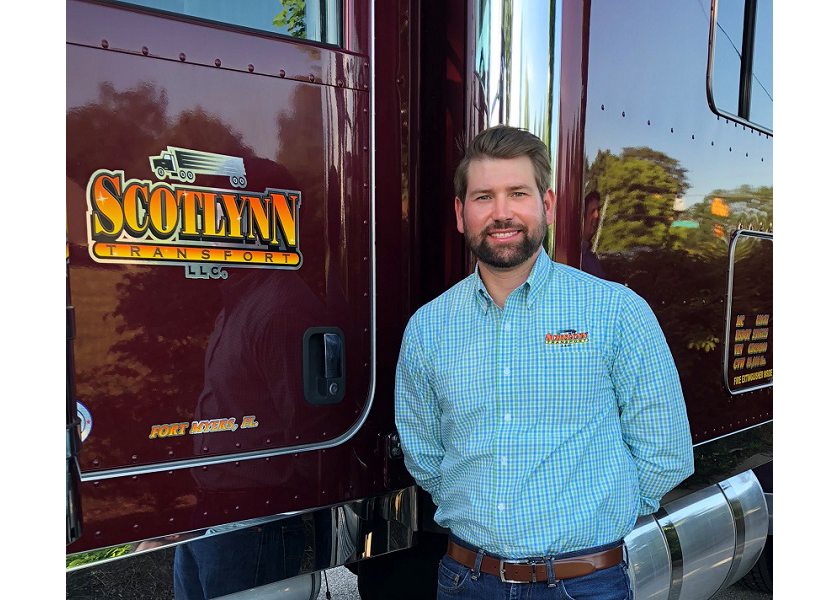Cost of transportation technology solutions coming down with competition

Increased competition among solution providers is making track and trace technology more accessible for the transportation sector, says Seth Konkle, general manager for the Indianapolis office of the Scotlynn Group.
The company is a multinational transportation and agricultural group with locations across North America.
Responding to questions from The Packer about changes in transportation technology, Konkle said the pace of change is increasing.
"Satellite tracking has been around for years, but it can be expensive and usually requires a computer program typically only accessible dispatch team," Konkle said. A decade ago, there were only a few cell phone tracking options available, and they were also more costly than one would assume.
"Now, there are a lot of different products out there, most of which connect directly through electronic data interchange/application programming interfaces to a carrier or customer's transportation management system, or a web-based portal, and generally [are] accessible by any relevant party who wants it," Konkle said.
The increased competition within the market has also helped drive the costs down, he said.
"The only real downside to tracking via cell phone compared to satellite is that it requires the driver being tracked to remain with the freight, or updating new driver info in real time," Konkle said.
On the horizon
The COVID-19 pandemic has spurred interest in electronic/digital bills of lading, Konkle said.
"Of all the havoc the pandemic wreaked on the logistics industry the past few years, a potential silver lining was the increased desire to move to a digital process for keeping track of freight documents," Konkle said. "There were a lot of shippers that put the wheels in motion to move to a more efficient way of keeping track of bill of ladings, proof of delivery and accessorial/lumper receipts."
That makes sense and should be welcomed by the industry, Konkle said. "After all, we do nearly everything else on our phones already; why are we still asking drivers to keep track of physical papers?"
Konkle said using a QR code or something similar seems like the obvious answer, and he expects the change to take place over the next three to five years for higher-volume shippers and receivers.







